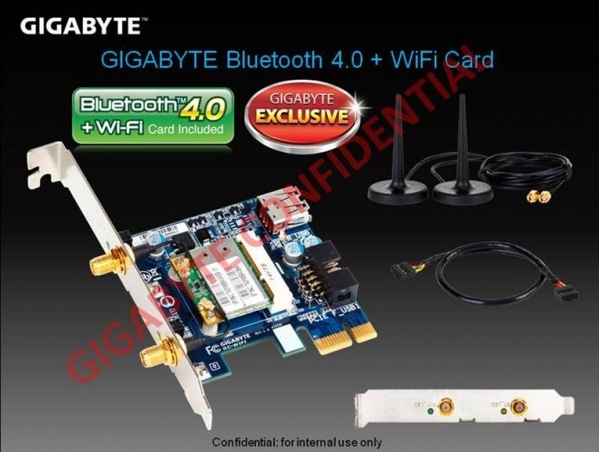thelostswede said:
Ok, let's try and clear up a few things here.
Wi-Fi operates in Megabits per second (Mbps/Mbit/s) not Megabyte per second (MBps/MB/s) for one.
Secondly, 802.11n on 2.4GHz supports speeds of 300Mbps and 450Mbps, just as it does on the 5GHz band.
The downside with 150Mbps is that you never get the rated speeds when it comes to Wi-Fi and starting out at half the speed means that you'll get even less speed in the end.
Some of this will of course depend on your router as well and if you have a dual band router, some of them are limited to only working at one band at a time.
The difference between 5GHz and 2.4GHz is generally shorter range for the 5GHz band, with the upside being less interference in general as fewer people have 5GHz routers.
This is very much a generalization and a lot of it depends on the hardware combinations you're using (i.e. router/wireless card).
You are right that the correct term is Mbps. I use MB/s far too often in my work and tend to type it automatically now, generally most people don't even look at the difference between MB/s and Mbps and just look at the first number anyway

I've not tested under Lion fully but I can say that even though 802.11n (even while still in draft-n mode) supports 300Mbps under 2.4GHz, Apple under SL never did, the max I could ever get on 2.4GHz was 150Mbps, whether it was an issue with channel bonding (dual band) under SL or not I don't know. I tested this thoroughly under SL with my older 2.4GHz draft-n wireless router (Dlink DIR-655) that would give 270 - 300Mbps on windows, same laptop and card, it even supported both 20 and 40MHz as well. Thus my comments above about 2.4GHz and 150Mbps on Apple. You can also get 802.11n cards that are known as a N150 which only support 150Mbps as a max, why people want this is beyond me

Now the rule of thumb when working with a frequency is that when you increase the frequency the range will drop, so in theory a 2.4GHz signal will go further, this is not always true in the real world due to the interference and attenuation in some places as mentioned in the post above especially with the robustness of the 5GHz range (i.e. a lack of other devices using the same frequency range)

Here again I notice this as I can still get connection speeds of 56Mbps on the 2.4GHz band on my AEBS where only 16Mbps on the 5GHz in one room in my house (one reason why I run two access points wired into the gig-e network so I don't have these little black spots).
Back onto subject, the Mini PCI-e to PCI-e adapter cards are just that, they slot into a PCI-e slot (most I've seen are just a x1 card) and have a Mini PCI-e slot in the card. Some of them (if you keep a good eye out) will be specifically for wireless cards and have three antenna on the back of the PCI-e card. One thing that I am not sure of is how well they support the half height Mini PCI-e cards coming on to the market, i.e. being able to screw them down securely to give full support of the card...


